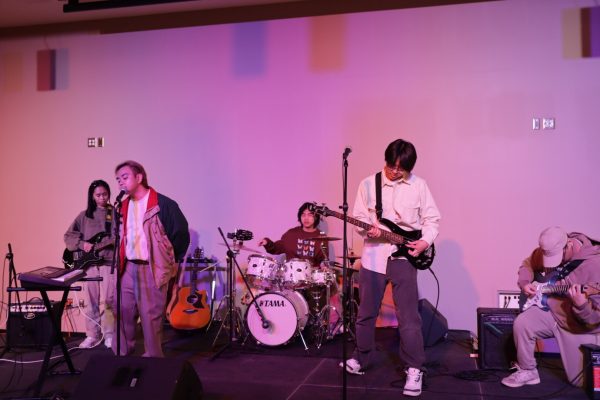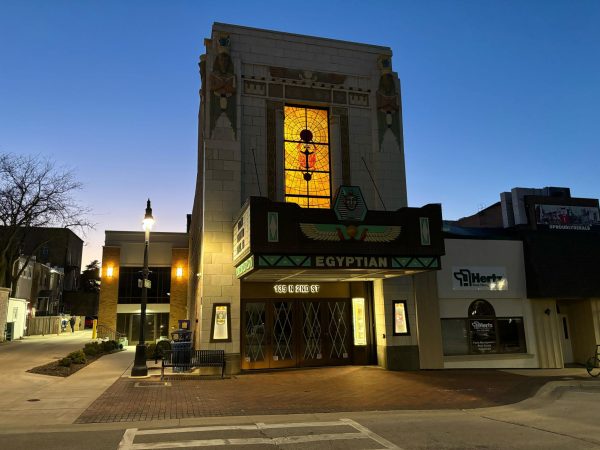Green Day reissues
January 16, 2007
Green Day has always been of the times; the band’s of-the-moment mentality has been constant throughout the California punks’ 19-year career.
Since 2004, their political-mindedness and social awareness has helped inform a generation of first-time voters. Prior to that, in the 1990s the band signified both rock’n’roll’s mainstream return to pop punk — a la The Ramones and The Descendents — during the first half of the decade, as well as rock’s mainstream tumbles during the late 90s.
The trio’s success has always been due in part to their ability to craft catchy, hook-laden punk tunes into something more than just punk tunes — instead into a microcosm of the era.
Which is why the re-issuing of the band’s first two LPs makes little sense.
The reputations of those two records — “Kerplunk” (1992) and “1,039/ Smoothed Out Slappy Hours” (a 1991 collection of the EPs, “39/Smooth,” “Slappy,” and “1,000 Hours) — have grown since their initial releases, including last year when Lookout! Records lost a court ruling over unpaid royalties for the records and filed bankruptcy as a result.
The two albums were great because of when they were, not just what they were. And buffing up the fidelity with re-mastered versions is not going to turn back the clock 16 years.
Yes, songs like “2,000 Light Years Away,” the original version of “Welcome to Paradise,” “I Was There” and “I Want to Be Alone” are still as fun guitar songs as they were originally… just a decade-and-a-half old.
That’s not to say the writing of the songs has diminished, but rather their freshness has.
The Billie Joe Armstrong of 2007 — the one dueting with Bono at the re-opening of the Louisiana Superdome — sounds like an entirely different person than the teenager who wrote, “I want to be your dominated love slave/ I want to be the one that takes the pain/ You can spank me when I do not behave/ Mack me in the forehead with a chain.”
Today’s Green Day is at a place sonically and socially different than when the members were pot-smoking teenagers, sleeping on their friends’ dirty couches and carving their names in bathroom walls.
The early 1990s should be treated like a time capsule, and fans should discover those dingy recordings in the same sloppy quality that first made them such special records. If not, the albums become misleading.
The trio wasn’t glossy in those early days. They didn’t have corresponding color schemes, slick eyeliner and political savvy. They were broke kids, with little to do besides pen angry and occasionally silly ditties about being down and out. It doesn’t make sense to have these sounds pristine. It’s like a homeless person asking for food with a beautiful neon sign, as opposed to a torn and dirty cardboard cutout and Sharpie marker.
Because that production is part of the legacy of “Kerplunk,” of “1,039/ Smoothed Out Slappy Hours,” and — more importantly — of Green Day.











